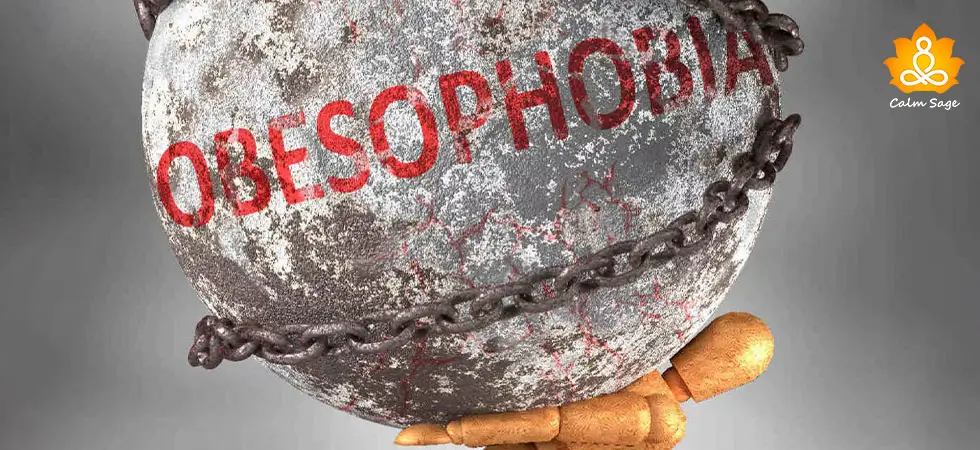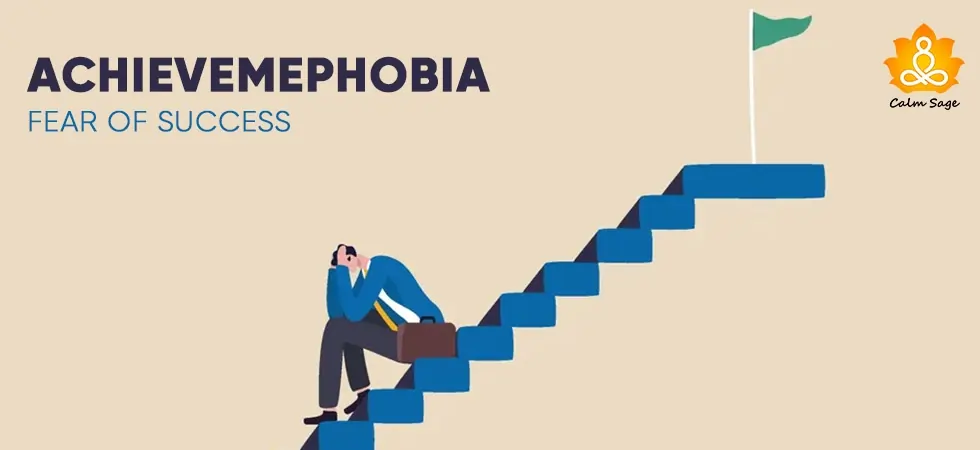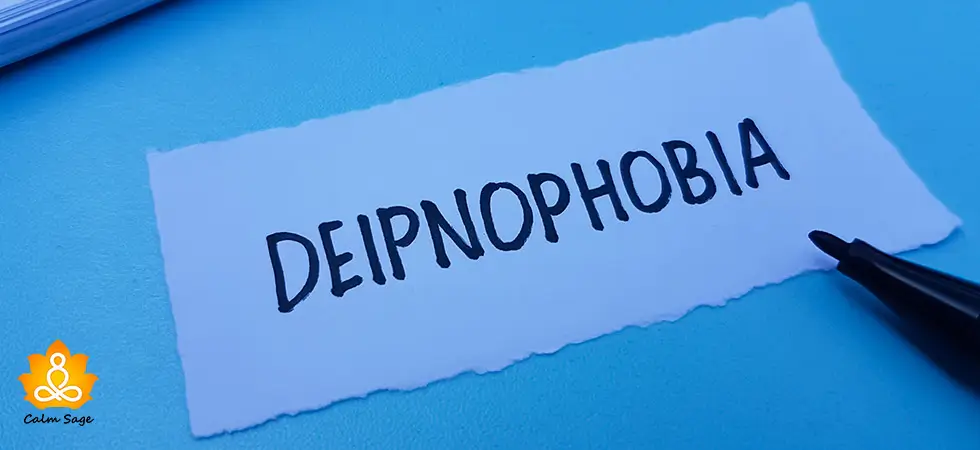A Psychological Look Into Mass Hysteria: Causes And Examples

We are all running ahead in this life; word travels faster than ever, but does it save us from misinformation? In our digitally advanced world, where good news travels fast but panic spreads faster, we’re not safe from the threat of mass hysteria or mass psychosis. You must have heard of events where everyone believed themselves to be a part of a conspiracy. I know I have, at least once.
While it may sound like it happens in movies, mass hysteria or mass psychosis is a real phenomenon that has been alive for decades, if not centuries. It’s insane how powerful our minds can be and how fast panic can spread.
Mass hysteria is a social phenomenon where a group experiences similar symptoms without a physical cause. These symptoms are all psychological and based on a belief that exists in a particular segment.
Today’s article covers what mass hysteria is, how it happens, and how you can reduce or prevent this group-psychosis. Do watch out for some real-life examples of mass hysteria, and let me know the one that you found interesting in the comments below!
Mass Hysteria: What Is It?
Mass hysteria is a psychological and social phenomenon wherein you and every member of a group experience physical symptoms and psychological ones, even when there are no physical causes for them. Mass hysteria can cause fear, and that fear can turn into panic in no time. In any case, giving in to mass hysteria can cause severe psychological distress.
Mass hysteria or mass psychosis is a type of psychological bias that can be grouped under the same as groupthink bias. Other factors such as stress and social pressure – and in the 21st century, social media – can cause mass hysteria.
Mass Hysteria Signs to Watch Out For
Mass hysteria often happens in – and affects – a group and can cause physical symptoms such as;
- Dizziness
- Muscle spasms
- Headaches
- Other symptoms without a cause
These symptoms begin suddenly and end just as suddenly. You can find the symptoms occurring in a specific group wherein each member of the group will experience similar, if not the same, symptoms.
It’s not always easy to spot mass hysteria as there are no solid causes for its symptoms, so there are no diagnoses or tests to determine mass psychosis.
What Causes Mass Hysteria?
There are no specific causes of mass hysteria, but psychologists believe that environmental stressors, groupthink bias, social pressure, and even social media can play a role.
-
Groupthink Bias
Groupthink bias is a cognitive bias that occurs when a group comes to a quick decision without properly considering all the information before action. Groupthink often occurs in situations where there is a charismatic and persuasive leader, inspiring all to agree with them. While this bias can be beneficial in some settings, it could often end up being negative, especially when there are countries and conflicting decisions present.
-
Stress
Under extreme stress, you might give in to mass hysteria, too. When you’re dealing with something overwhelming, you may mistake your feelings and symptoms of stress for something physical. While stress and mass hysteria are both psychological, one can trigger the other. This often happens in situations where you experience collective trauma.
-
Social Pressure
Have you ever felt sick because your partner felt sick? Or did you throw up when your sibling did the same? Well, this is just an example, but when people see others experiencing something, they tend to feel consciously pressured to do the same. In this same example, if your partner is sick and they believe it’s because of something they ate, then you’ll subconsciously pay more attention to your body to diagnose the same.
-
Social Media
Psychologists believe that social media plays a role in increasing mass hysteria – intentionally or unintentionally. Especially among teens, it’s a common occurrence. When someone posts a video or comments about something conspirational, people tend to give in to their opinions and begin a streak. This can cause mass panic. However, the role of social media in mass hysteria isn’t clear.
How Does This Impact Your Well-Being?
You might wonder, “What does mass hysteria have to do with my well-being?” Well, this phenomenon is psychological and can cause significant distress in various areas of your life including health, academics, work, and finances. You might spend money on treatment of conditions that you don’t need.
Mass hysteria can cause you to feel distressed, too. When you don’t know what’s causing your symptoms, it can be upsetting.
Did you know that mass hysteria might have been one of the reasons for the devastating consequences of COVID-19, especially when misinformation was spread and when it influenced the health of people and the world?
Let’s check out more such examples of mass hysteria throughout the years…
Real-Life Examples of Mass Hysteria
Mass hysteria isn’t a new phenomenon; it existed centuries before it came to be understood as a psychological and social phenomenon. Some common examples of mass hysteria that we can look through our history include;
- Dancing Plagues that existed in 1518. This spread when one woman began to dance and hundreds followed behind her. They didn’t stop dancing, and it is believed that many people danced to death.
- Salem Witch Trials which occurred in the 1600s is another example of mass hysteria. These witch trials can be attributed to groupthink bias and extremism. Communities and groups came together and concluded that some people were responsible for death, disease, and misfortune.
- 9/11 Aftermath. After the 9/11 attack in the United States, groups of children reported experiencing rashes, but when they were at school. This reaction was later determined to be a psycho-somatic reaction to the aftermath of 9/11.
Preventing Mass Hysteria
While mass hysteria might not be listed as a serious mental health illness, it is a public health issue. Here are some ways we – as the public – can work to reduce and even prevent mass hysteria from spreading;
- Segregate people who show unexplained symptoms. This can reduce the spread of misinformation and conscious copying of symptoms among others who are not experiencing the same.
- Encouraging stress reduction exercises such as deep breathing, positive visualization, and progressive muscle relaxation in people who are experiencing distress because of unexplained symptoms.
- Helping a group or a person experiencing mass psychosis talk to a therapist. Therapy approaches such as CBT can help people reduce negative thinking and anxious behavior that might be contributing to their mass panic attacks.
Wrapping Up…
Mass hysteria is a psychological and social phenomenon that can affect groups and cause public health concerns. While it’s not a listed mental health disorder, it can be considered a serious public health issue. Mass hysteria can seriously impact your well-being, as we can see from some real-life examples.
Keep in mind that any unexplained symptoms you’re experiencing shouldn’t be considered a sign of mass hysteria, not until there is a cause for your symptoms. If you’re experiencing panic or fear caused by group thinking, then reach out for help. A therapist can offer you resources for coping and strategies to reduce your panic.
I hope this article helped you understand what mass hysteria is and how it spreads. Let me know some examples of mass hysteria that you faced in your life and how you tackled them in the comments below.
Until next time, take care!




















